Thursday 19 February 2015
This Month’s Zatoichi:
Zatoichi & The Doomed Man
(Kazuo Mori, 1965)
Whilst some of the ten Zatoichi installments we’ve looked at so far in this series have undoubtedly been better than others, even the least impressive of them have stood up as entertaining and well-made movies that I could easily recommend as thoroughly satisfactory stand-alone viewing experiences. With film # 11 however, that remarkable run finally comes to end, and it saddens me to report that Kazuo Mori’s ‘Zatoichi & The Doomed Man’ (original title ‘Zatoichi Sakate Giri’, rough translation: “Zatoichi’s sideways sword style”) is, frankly, a right bloody mess.
Ostensibly, this is the tale of Ichi encountering a falsely condemned man whilst spending a night in a provincial jail on an illegal gambling rap, and subsequently setting out to clear the poor chap’s name before he hangs. However this extremely simple plotline – good for perhaps thirty minutes screentime at best – is never really developed in any very interesting fashion, whilst meanwhile the film is padded out to feature length by a lot of largely rudderless faffing about.
The film’s first half basically plays like a broad comedy, as Ichi is pursued and harangued by a number of opportunistic comic relief characters, chief among them being Osaka-accented comedian Kanbi Fujiyama, who plays an unscrupulous monk keen on wringing favours out of the local yakuza by impersonating the famous Zatoichi, with predictably messy consequences once the real big Z hits town.
All of this is mildly diverting, and sometimes quite amusing in a cartoon/sit-com sort of way, but generally the comedy feels a lot more forced than the natural and characterful humour of earlier Zatoichi adventures. Even the ever-reliable Shintaro Katsu seems like he’s trudging through this one on autopilot much of the time, his exceptional gift for inventive physical comedy rarely in evidence as we are instead left with the impression that Ichi is simply feeling a bit worn out and grumpy by this latest round of tomfoolery.
With no strong narrative drive to propel things forward, interest fades in the film’s second half, as the comedy takes a back seat to yet another scheming, toad-like oyabun awaiting his comeuppance, his routine scheming prompting Zatoichi to half-heartedly massacre another thirty or forty luckless swordsmen with no great amount of drama or enthusiasm, culminating in an abrupt ending that seems more a shrug of the shoulders than an actual conclusion – which seems appropriate, in view of a script that has relied almost entirely on the notion of characters randomly bumping into each other at opportune moments. So, we’ll assume that poor bastard on death row got his name cleared in time, but hey, who knows? We made it to the end credits, and that’s seemingly all that matters.
Probably the best thing one can say about ‘..Doomed Man’ is that the cinematography, as ever, is excellent, with DP Hiroshi Imai (who also worked on The Great Yokai War) capturing some beautifully lit landscape shots of spectacular locations around the coastal area in which parts of the film were shot, and even taking the take to make some of the always slightly shoddy set-bound exteriors look quite misty and beguiling.
When investigating the long-running Japanese movie series’ of which Zatoichi is perhaps the preeminent example, one often comes across the odd ‘total dud’ entry like this one – a film that seems to have been rushed into production on such a tight schedule that it stumbles its way to the finish line with a barely coherent script, no directorial vision, a disengaged cast and, basically, no reason to exist at all except to hit cinemas on a particular, preordained date.
That the Zatoichi series had managed to make it through about fifteen hours of screen time in less than four years by this point without succumbing to this phenomenon is a remarkable achievement, and a testament to the level of creativity and quality control in operation at Daiei studios. As such, we can hardly blame either Daiei’s top brass or this film’s personnel for letting one duffer through the gate given the overwhelming amount of truly great genre cinema the series had given us previously, and really, the odd crash & burn picture is just the inevitable downside of cinema transformed into a mechanised industry, with targets and deadlines set in stone from on-high. (In general, the plus points of such an approach far outweigh the negatives I think… but that’s another argument for another day.)
Exiting this movie, the worry is of course that the dramtic slump in quality could signal the start of an ongoing trend rather than merely being a one-off blip - but that fear is lessened by the knowledge that Zatocichi #12, English title ‘Zatoichi & The Chess Expert’, marks the welcome return of the series finest director, Kenji Misumi (see #1 and #8). Show ‘em how it’s done, Kenji-san.
Labels:
1960s,
comedy,
Daiei,
film,
Japan,
Kanbi Fujiyama,
Kazuo Mori,
movie reviews,
Shintaro Katsu,
yakuza,
Zatoichi
Subscribe to:
Post Comments (Atom)








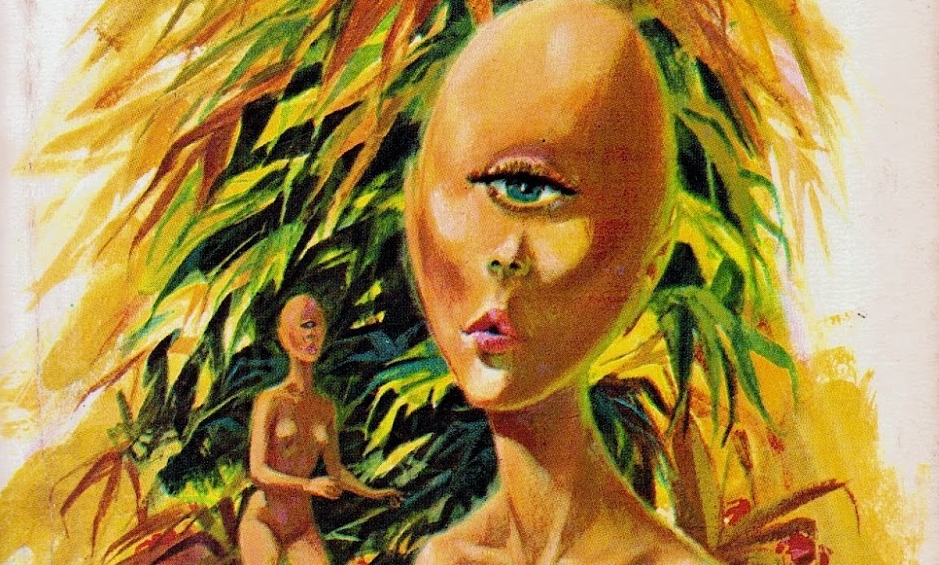
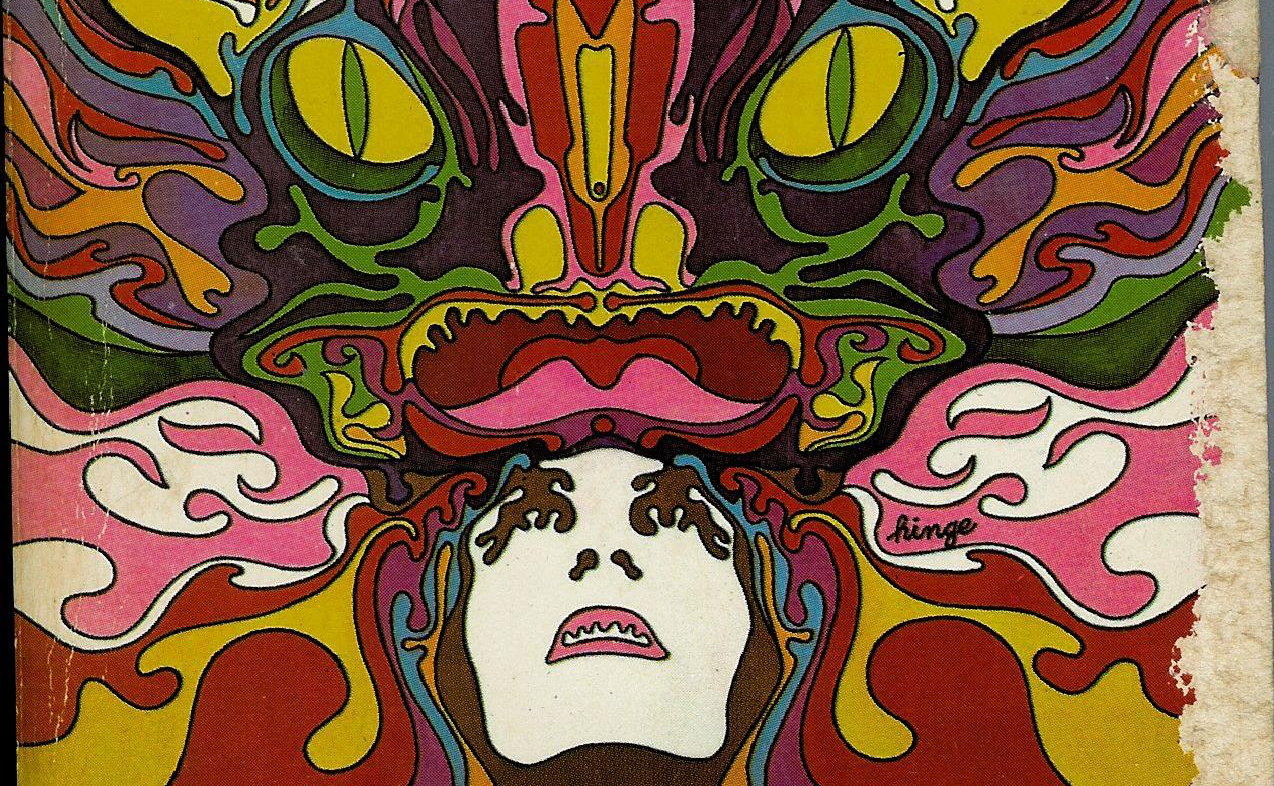

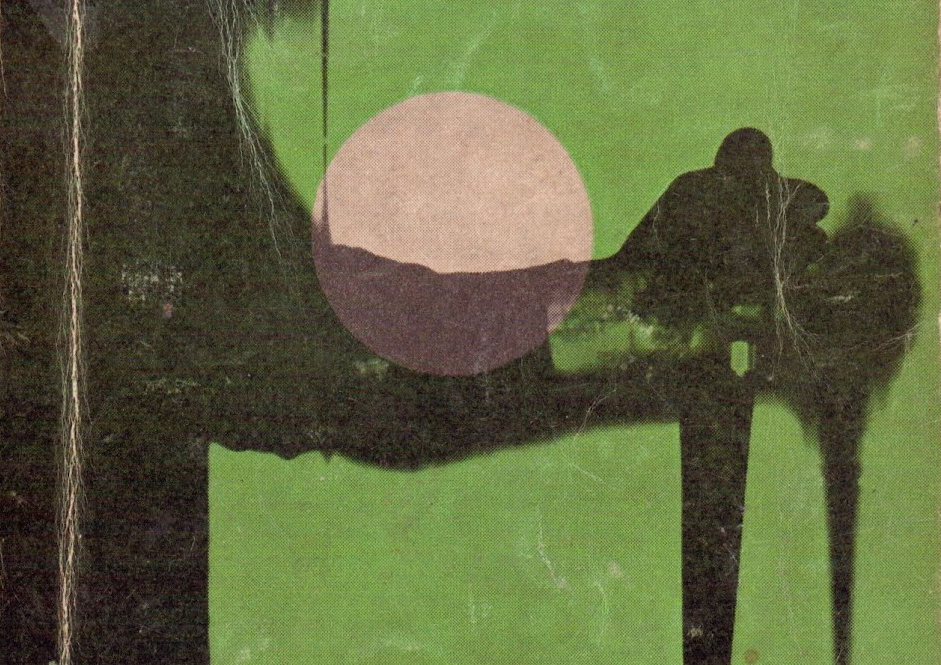
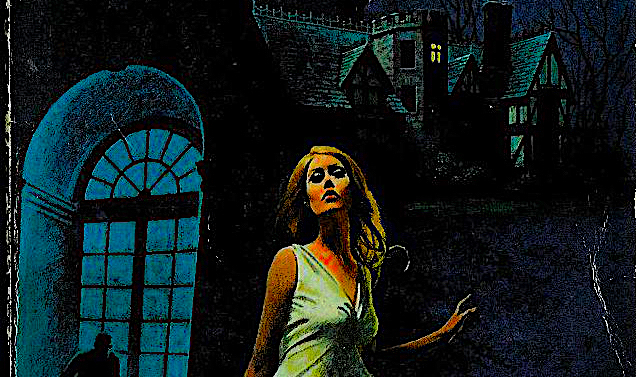
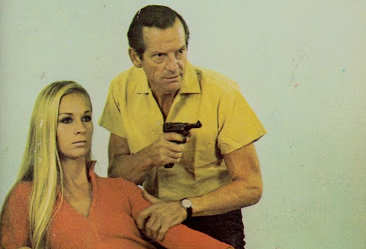
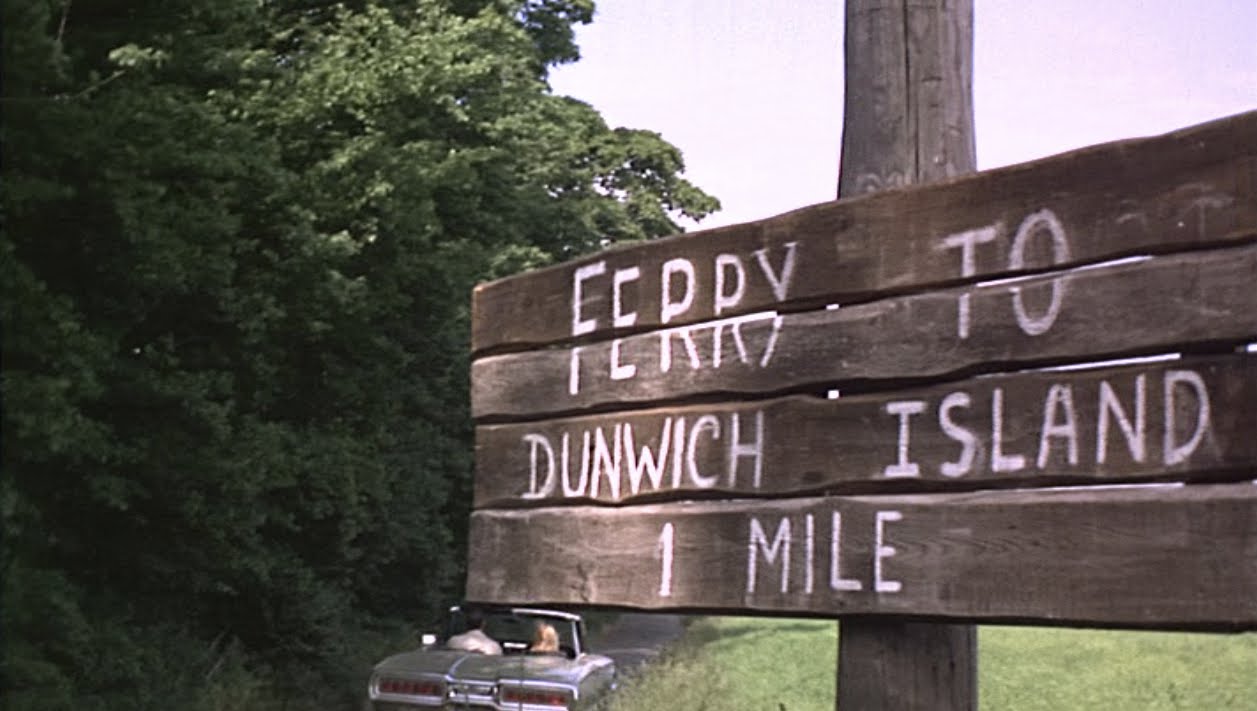
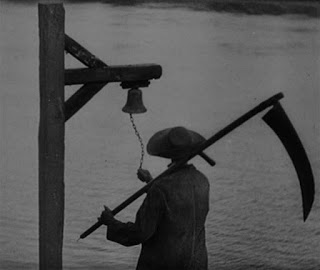
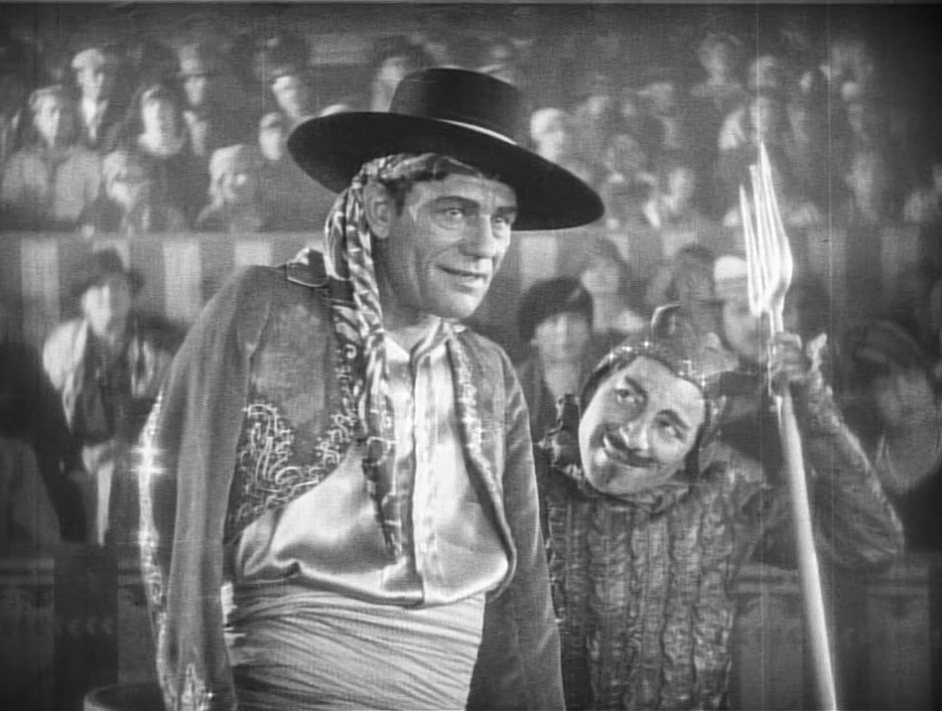
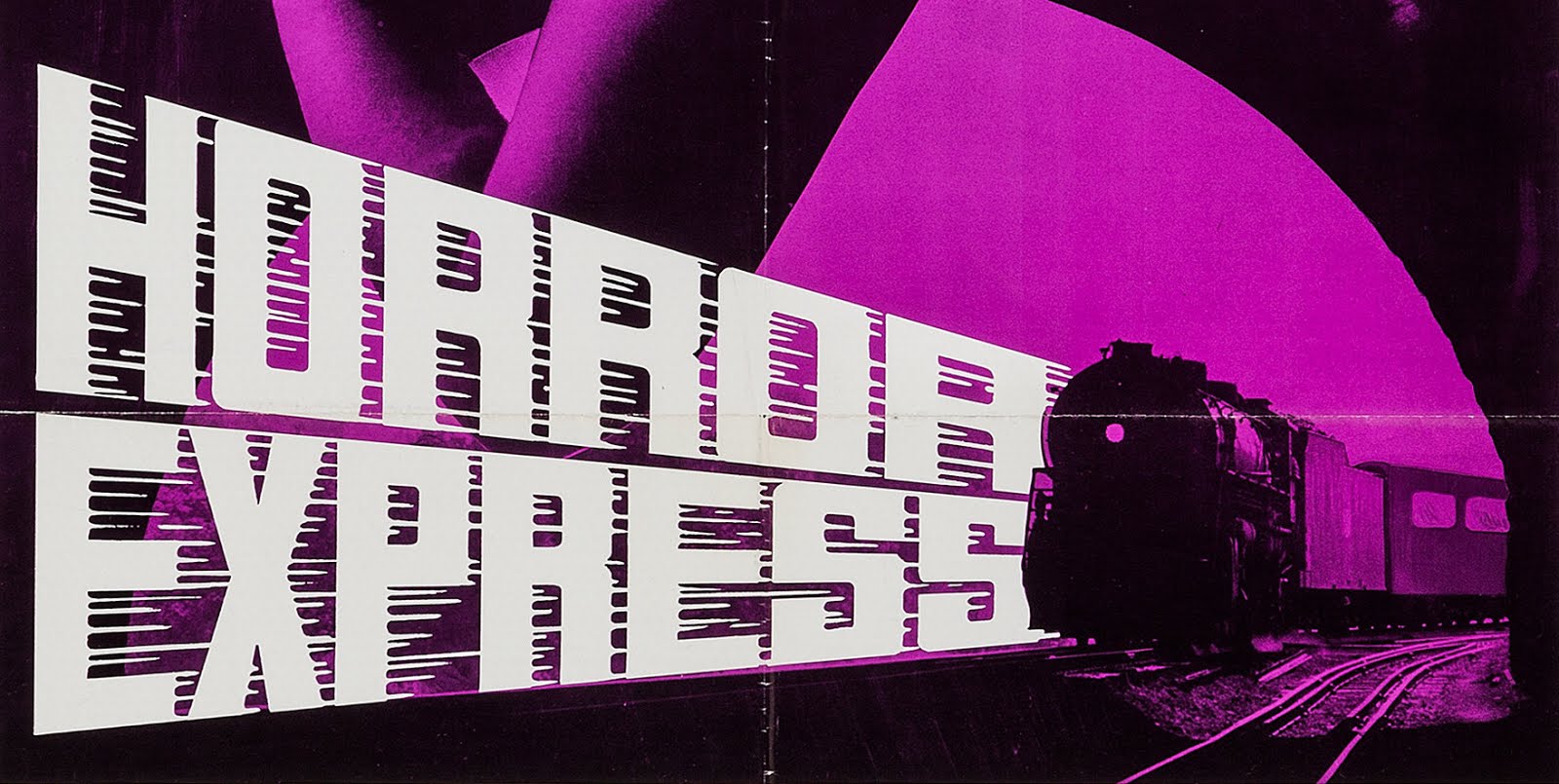
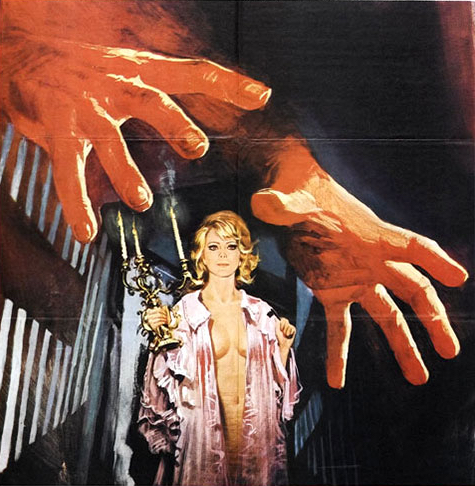

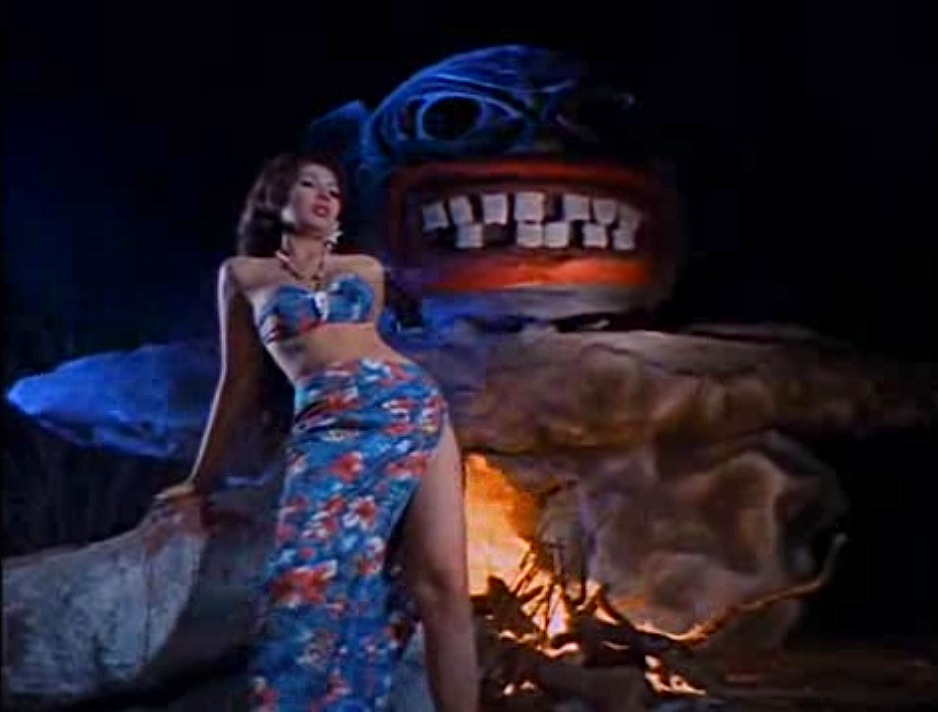




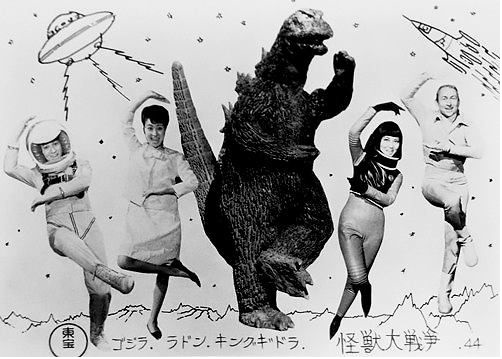


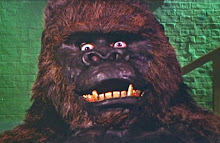
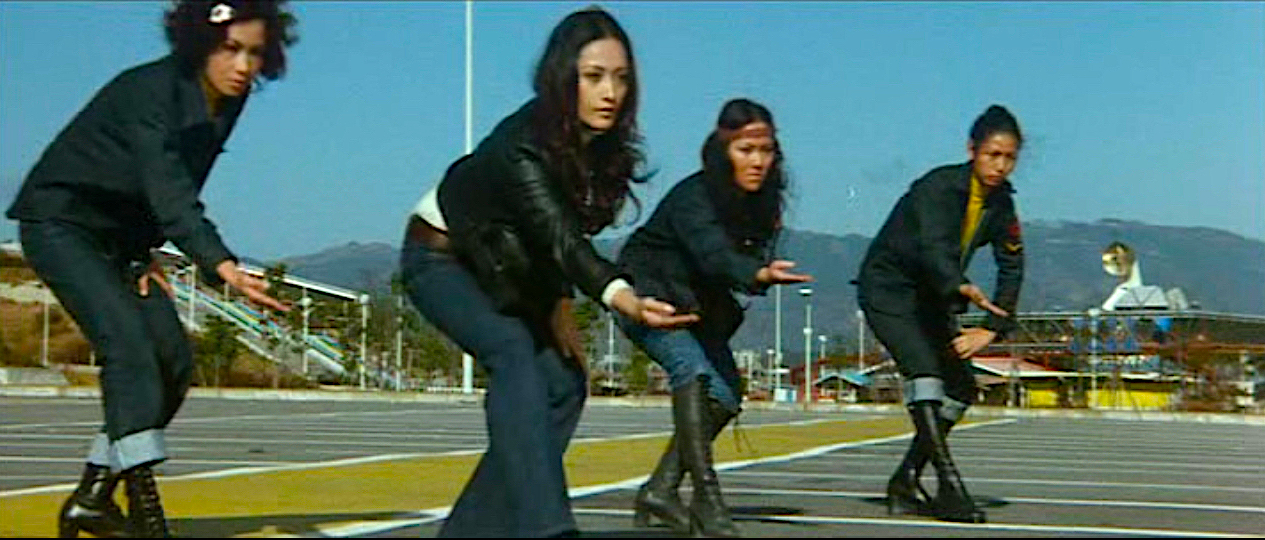


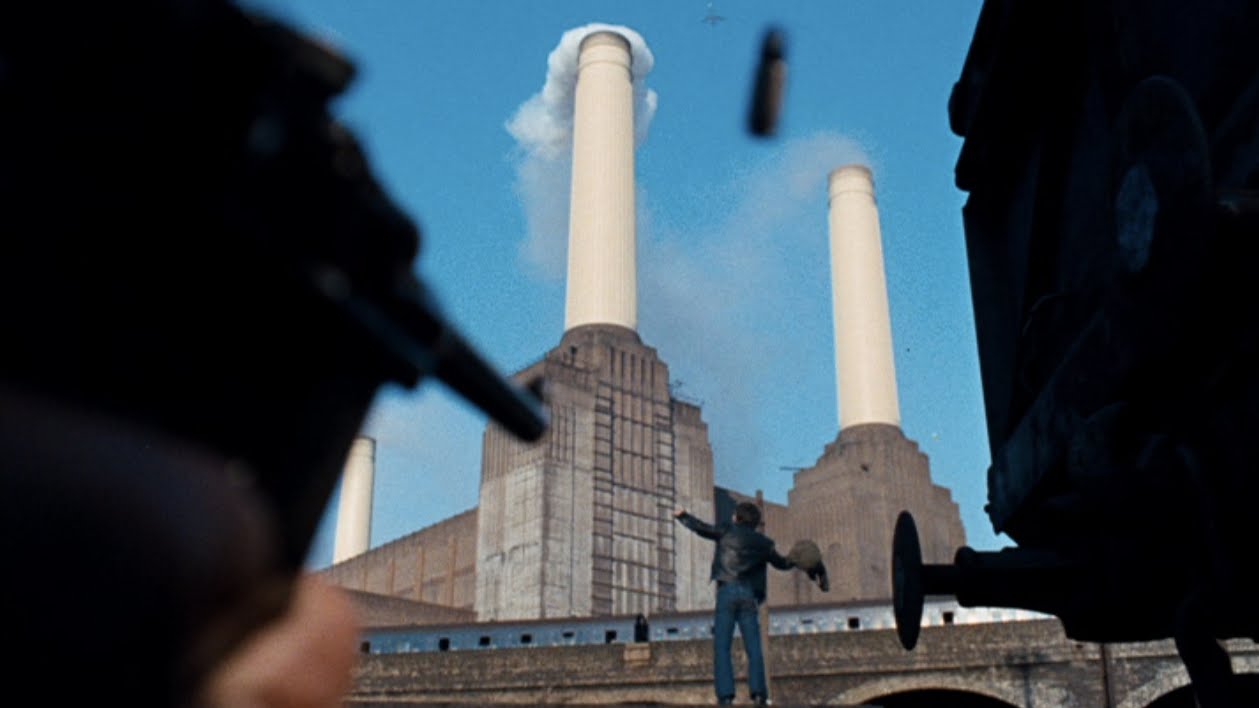
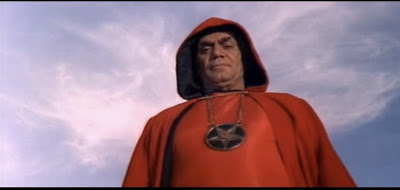








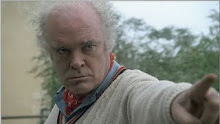
No comments:
Post a Comment